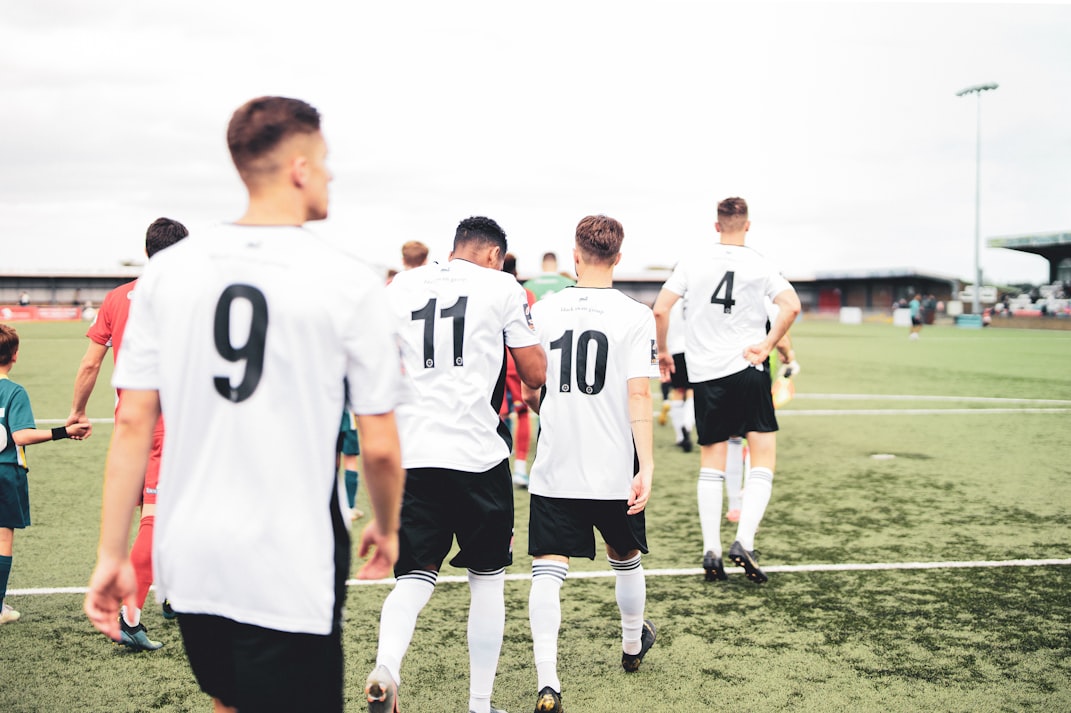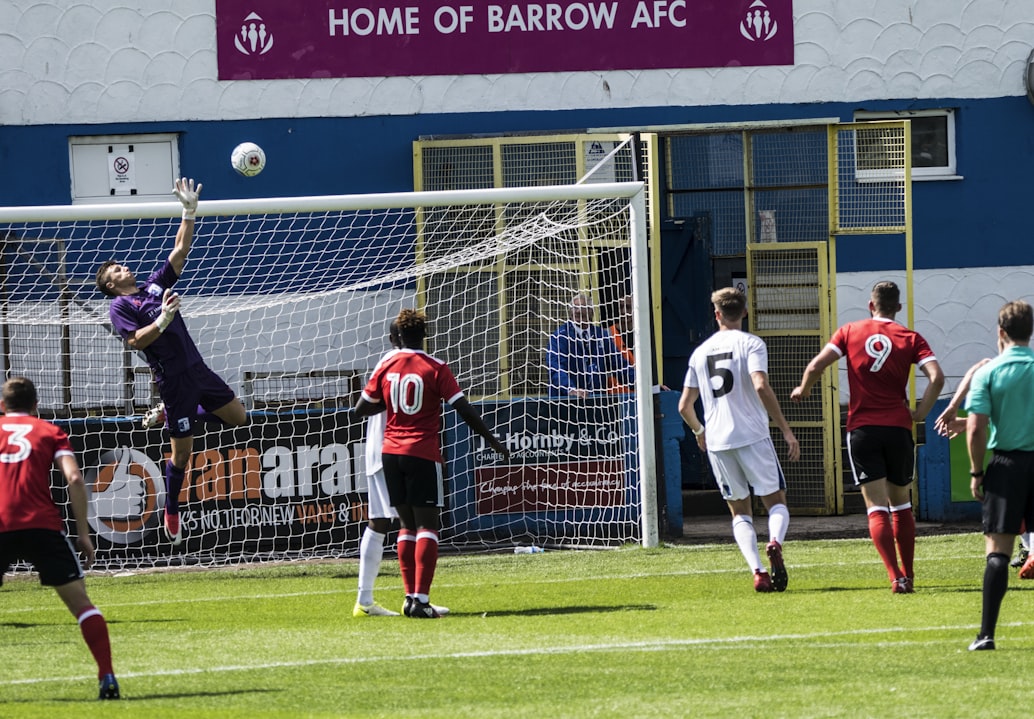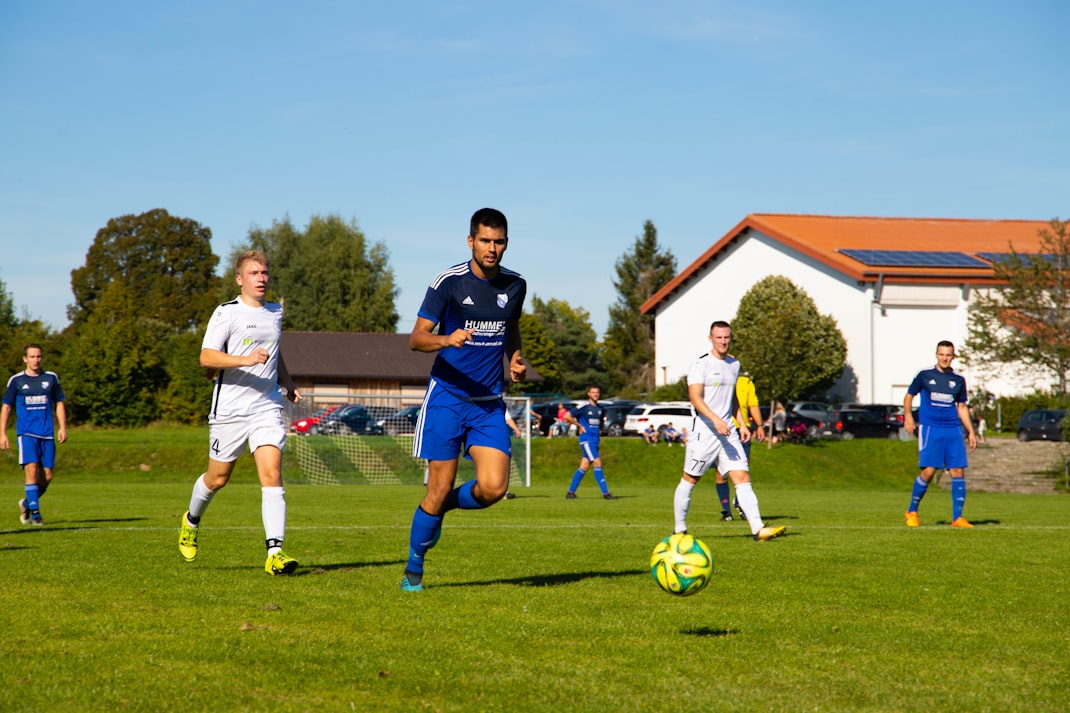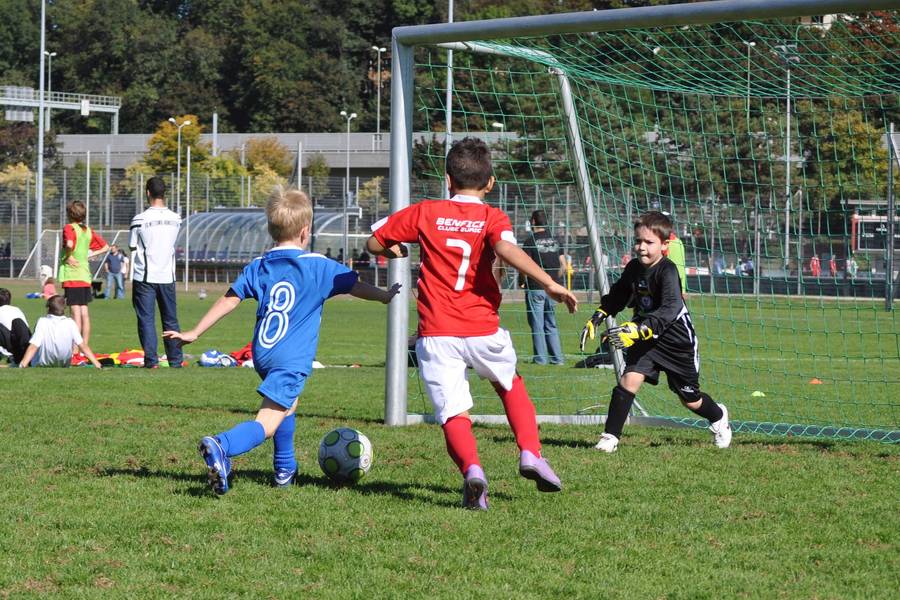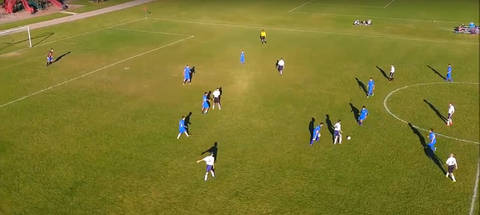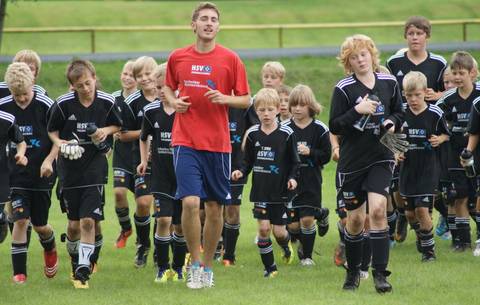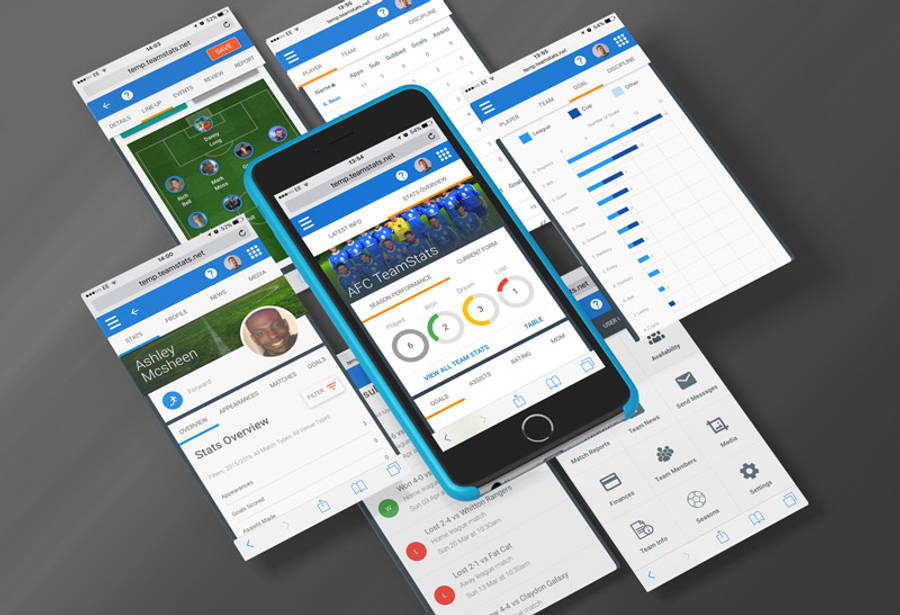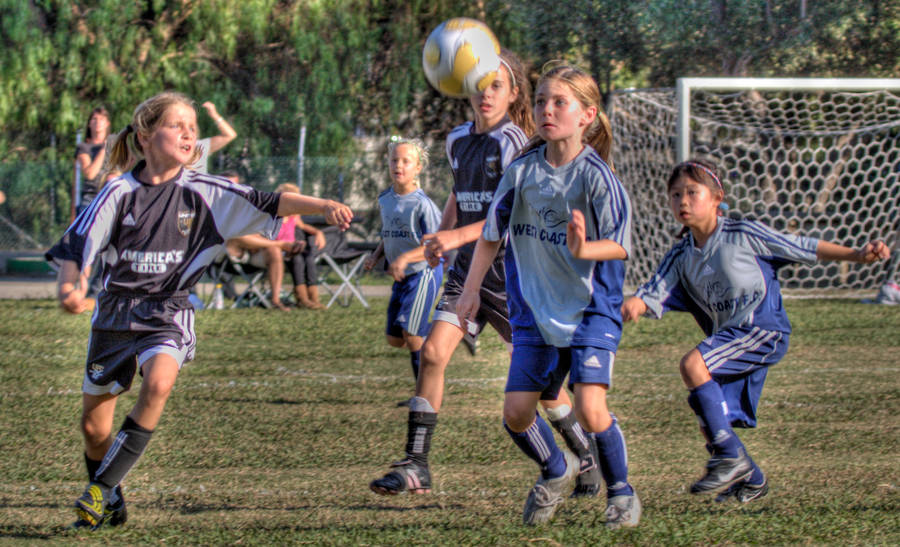
For reasons that I often find myself pondering, I decided to start a new adult football team to enter the football pyramid this season and I thought it might be useful to share my personal journey of starting a new team, highlighting the key considerations, obstacles faced, and lessons learned along the way.
My journey into adult football began with my deep passion for the sport.
Years of coaching my son's junior team instilled a love for football and a desire to continue contributing to the game.
The enthusiasm to create a platform for players of all skill levels to enjoy the sport led to the inception of our team.
Anybody considering doing something similar for next season might want to consider the following, some of which I’d anticipated and some I hadn’t!
1. Affiliation with the Local Football Association (FA)
Affiliation with the local Football Association is a fundamental and often the first requirement for any new football team, providing access to official competitions, insurance coverage, and credibility.
The affiliation process involves submitting necessary documents, complying with regulations, and paying associated fees.
I found it essential to build a strong relationship with the local FA to ensure a smooth affiliation process.
2. Securing a Suitable Home Venue
Again, a fundamental aspect of starting an adult football team is securing a suitable home venue to play at.
As we were entering the football pyramid with ground grading criteria this took some doing and required contact with the local council and sports clubs to find a pitch that meets the necessary standards.
Contracts and agreements had to be negotiated, and eventually we were able to secure a suitable venue.
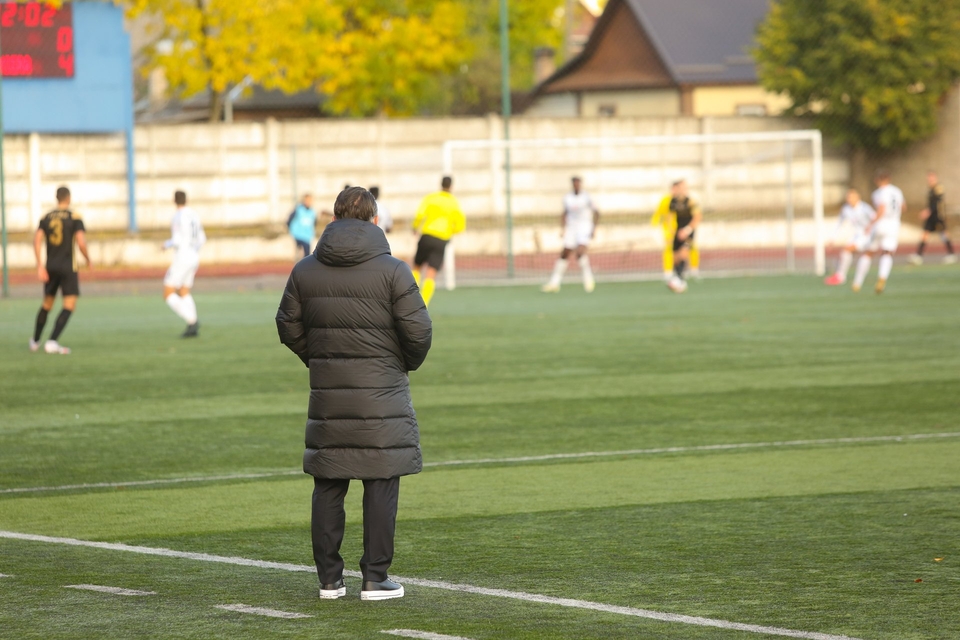
3. Financial Considerations
Financing the team is a crucial aspect of the journey.
The financial requirements include player registration fees, kit, equipment, pitch hire, insurance, and so much more.
Seeking sponsors, fundraising activities, or membership fees helped to cover some of these costs.
Establishing a clear budget and financial plan has been essential to managing the team's finances effectively.
4. Kit and Equipment
With so much out there acquiring kits, balls, bibs comes and other training equipment for the team took some research.
It obviously includes shirts, shorts, socks, goalkeeper kits, training gear, and subs tops.
I was able to negotiate with suppliers on price and lead times but even then it was a struggle to get everything in place as it was needed.
5. Coaching and Management
Getting coaching staff and the team management in place early was important for us.
These individuals play arguably the most important role in setting the culture and standards of the team as well as taking care of training and guiding the team through matches.
A cohesive and supportive team structure is essential for the development of the players and effective performance.
6. Recruitment and Player Selection
Recruiting players is a multifaceted process.
Initially, I tapped into personal networks, reaching out to former teammates, and using social media can help attract potential players.
Hosting open trials or training sessions to assess skills and commitment is a common practice and we did that to boost numbers.
7. League Participation
Alongside the affiliation to the local FA, the next important step was to join a suitable football league.
I was determined to enter the football pyramid which made our choice of league straightforward but you may want to consider the level of competition, travel commitments, and overall compatibility with your own team's goals.
8. Legal and Administrative Tasks
Setting up the legal structure for your team is important and establishing a club constitution is a key element of becoming affiliated to the local FA.
It’s also essential to cover off things like player insurance and safeguarding policies.
Administrative tasks include registrations, and record-keeping.
You will also need to open a separate bank account and keep accounts for all incomings and outgoing expenditure.
9. Marketing and Promotion
Promoting the team within the community was vital for attracting players.
Building a strong community presence helped raise awareness and attract sponsors.
10.Sponsorship and Partnerships
Securing sponsors and establishing partnerships has been essential to cover the team's operational costs.
Developing sponsorship packages, approaching local businesses, and creating mutually beneficial relationships supported our financial stability.
11. Player Development
Focusing on player development is essential for our long-term success.
Organising training sessions, stamina programmes, and friendly matches to aid players has allowed us to develop a clear player pathway for them.
12. Handling Match Days
Managing match days involves coordinating logistics, such as transportation, medical support, and match officials.
Creating a welcoming atmosphere for everyone and providing appropriate facilities, including high quality changing rooms and refreshments for officials is important for the level we are operating at.
13. Overcoming the Learning Curve
The transition to senior football often entails a significant step up in terms of the standard of play.
Adapting to the higher level of competition has been challenging, but I’ve found it essential to view it as an opportunity for growth.
Consistent training and improving teamwork have helped the team gradually find its feet and improve performances.
14. Building a Supportive Community
Fostering a sense of community among players and families has been crucial.
Team building activities and social events have helped create a strong bond within the team.
Whilst it has been a major undertaking, it has definitely been a lot of fun and very rewarding.
I think the first season of a new team, with literally everything set up from scratch for the first time, is always likely to be the hardest one.
We will get stronger as we go and having written down all of the individual items to get in place in a list it’s made me realise actually how much has been achieved.
I hope that having started the team it will be around for a long time and there for everyone to enjoy and benefit from.

